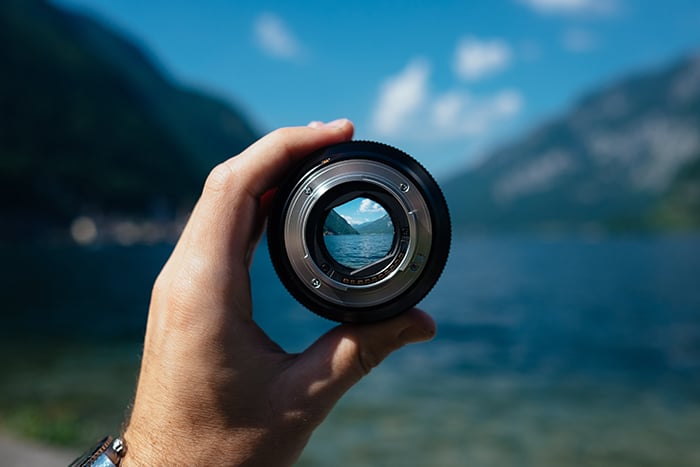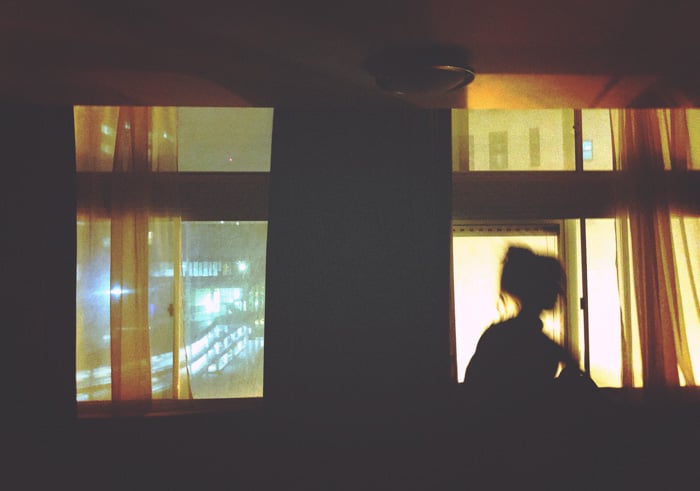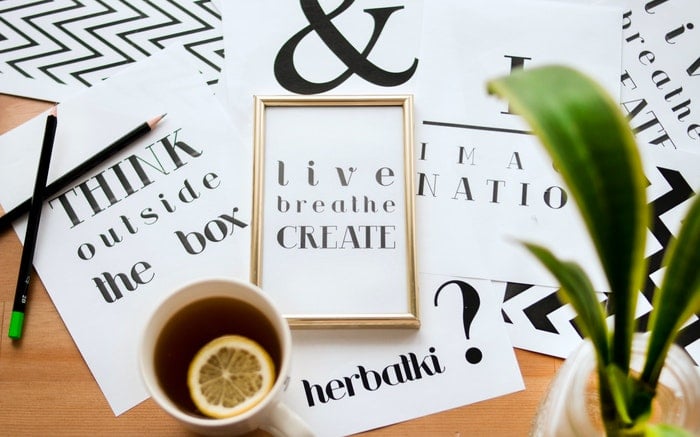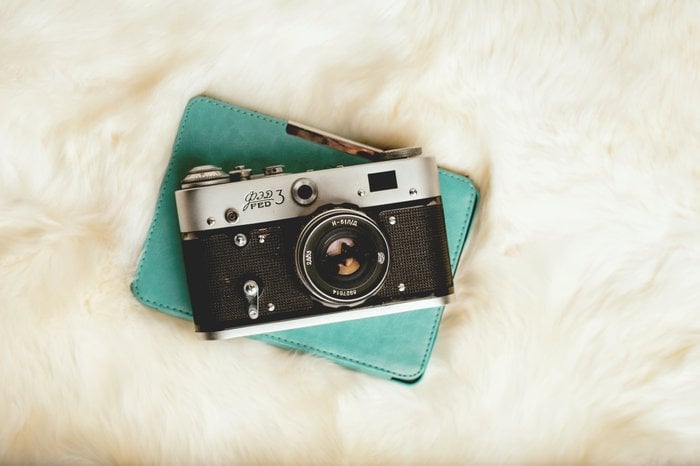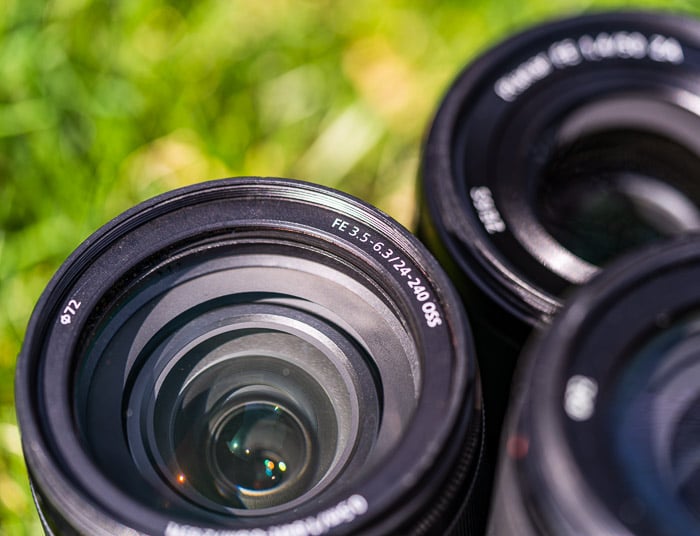Whether you are a professional photographer or a hobbyist, wouldn't it be nice to make some money from your images by selling photography prints?
These days, it couldn't be easier to start selling your photos. But how do you know how much to charge for photography or what pricing structure you should use?
We have the answer. This article is a guide on how to price photography prints.
Do You Want to Sell Price Photography Prints or Work as a Photographer?
The first step before even selling a single print is to decide what your business model is.
- Is your sole aim to sell prints?
- Or are you hoping to work as a photographer and sell prints of your work?
If your sole goal is to sell prints, you can focus on capturing photographs that are likely to sell as prints. If you are working as a photographer, you may have to select specific images that would work as a print.
This will help define how your photography business will operate. But also what you photograph and how to price your art.
If selling prints is going to be your main business model then you will need to try and build up a big collection of images for prints.
But if you are only looking to it as an extra income stream you can be more selective.
So start by figuring out what your business model is so that you can work out how to sell your photography.

Credit: Dreamstime
How to Find Out What Sells
You might have the best photos. But if nobody in your local market wants to put them on their wall, then your print business isn't going to last long.
That doesn't mean that a photo that isn't selling isn't a great photo. It could be that it's not suited for prints.
What do most people like hanging on their wall? Beautiful landscapes, iconic cityscapes, famous places, abstract, fine art, wildlife or nature photography.
These are some of the types of photos that tend to sell well.
If you want to make a decent amount of money selling prints, try to learn what sells and what doesn't. Go onto print sites and see what sort of imagery they have. Some may even have reviews or star rating systems.
You should also check what the average photography rates are on these sites that are selling prints. Try to figure out if there is any pattern to it and how it fits into your photography.
If you are a wildlife photographer look at what sort of wildlife photos sell and for how much.
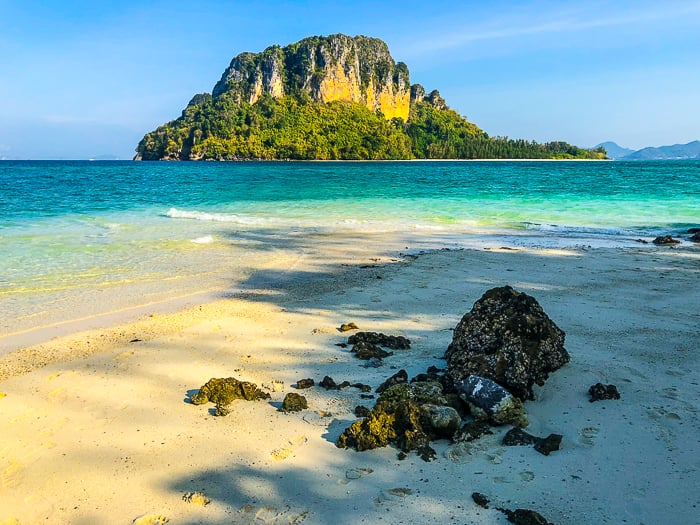
© Kav Dadfar
Why You Should Only Sell Your Best Images
Once you are ready to begin, you need to detach yourself from your photography and think like a photo editor.
A photo might have taken you a whole lot of planning, persistence and determination. But that doesn’t mean anything to a customer looking for to buy a print.
Only choose photos that you feel are likely to sell and at a good price. Remember, you want to make money from your prints. You should try to sell photos that might be seen as the most "valuable".
This editing process also involves making sure that the photos are technically perfect. That means they are sharp (unless not intended to be for artistic reasons), correctly focused and free of any dust or debris spots.
It doesn’t matter whether you’re a wedding photographer, a portrait photographer or a travel photographer. Technically imperfect pictures won’t sell.
Any that aren't could result in a return, refund and an unsatisfied customer.

© Kav Dadfar
How to Present Your Photo Prints
This is where things get interesting. There are so many options these days in how you can print your work.
There are a variety of papers, sizes, finishes, even materials like metal and frames. Each one will come with a different cost.
Before deciding on how much to sell your prints for, you need to figure out what your costs will be. This is the basis for any business. Work out your costs, then add in your profit margin.
It might be tempting to use the cheapest option. But keep in mind that you want to ensure that someone sees the value in buying your prints.
If they are printed on flimsy poor quality paper, would anyone want to pay a premium to buy it?
On the other end of the scale, if your print costs are so high that someone has to pay a lot of money to buy one of your prints, is it going to sell?
Remember to factor in things like VAT (if applicable) and credit card fees into your costs as well as shipping costs. These can add a huge expense to each print which if not factored in could mean a loss on each sale.
Start by contacting your printer of choice. Get them to send you a set of quotes based on whatever printing and finishes that you desire.
You can also request samples to help you decide the right materials for your prints.

Credit: Dreamstime
Is Your Print a Limited Edition?
Another factor that could add extra value to your photos is if it is part of a limited edition set of prints. Of course, it helps if you have a bit of a reputation in your field or if your images are unique.
But a limited edition print means that there are only a certain number of prints available and once sold out then no more are available to buy. And the print’s price can be higher.
This also means that once sold out then you won't be able to make any more money from prints on that photo.

Credit: Dreamstime
How to Price Photography Prints
Once you have your hard costs, you can then put in place a logical profit mark up. Rather than randomly picking numbers out, work out a percentage that will suit you.
Having done your research you should have a good idea of what a similar product will cost a customer if bought on another website. Checking local businesses for their price points is a good start if you don’t know this.
Now it's time to put everything together for your photography price list.
Let's say that you are looking to sell small 3×5 photo prints. Your prints cost will be $5 each. Shipping is going to cost another $7. Your bank fees mean another $5 in costs. So in total this size and spec of print will cost you $12. This will affect your print prices.
This is the least that you can sell this print for to ensure you are not making a loss.
To make a profit you can then decide a percentage to add on. This could be anything you like. But remember a print is only worth how much people are willing to pay for it.
So if you decide to add a 400% markup, ask yourself if you would be willing to pay $50 for your 3×5 photo prints?
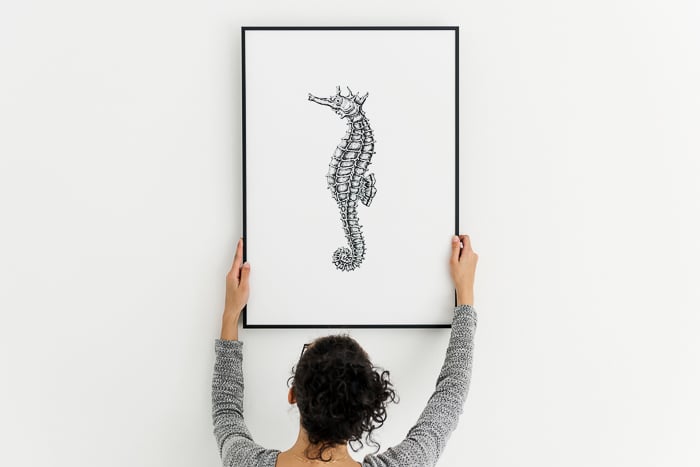
Credit: Dreamstime
What If the Print Doesn’t Sell
OK, so that $50 3×5 print hasn't sold any. Could it be the photo?
Yes, it might be that this particular photo isn't right for print. Or it might be that it's too expensive. Especially if a similar print is available on another website for a lot less.
You can continue because this is how much this photo is worth. There's nothing wrong with this attitude. As long as you accept that it might be a while (or even never) until you see a sale.
The other option is to reduce the price. See if that makes a difference.
If you adopted the same markup strategy on all your prints and nothing is selling, then it might be fair to say that the price is too high.
But if this is the only one, then it could be that this image needs to be reduced.
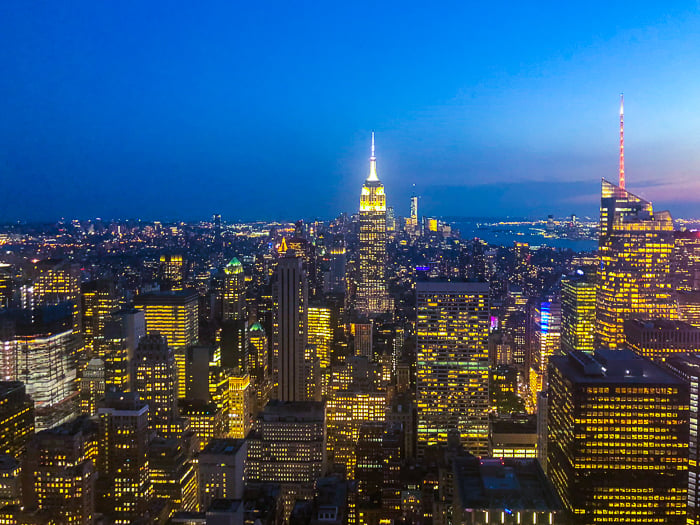
© Kav Dadfar
Like any other avenue in photography, selling prints is hard work. There are lots of other photographers and businesses all battling for the same customers.
Ultimately the quality of your photos and your reputation will determine how much you can charge for photos. That's why famous photographers out there can charge thousands of dollars for a photo.
But if you have quality work you will be sure to find people willing to pay for your prints.
